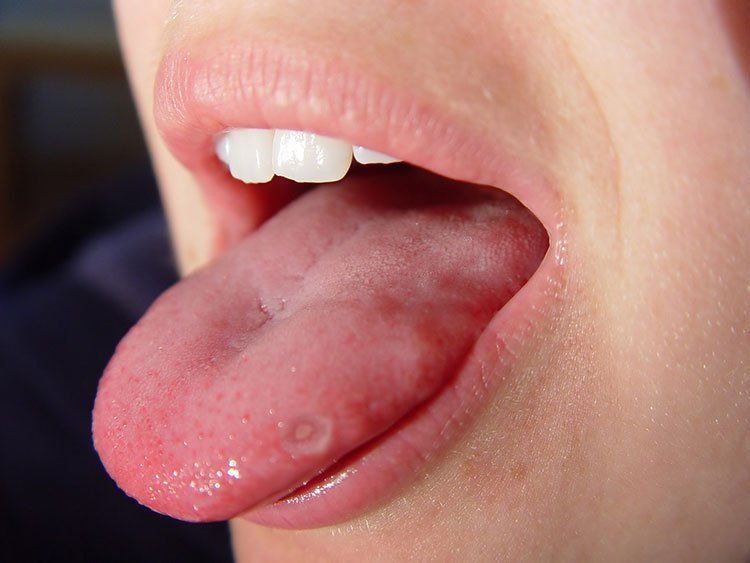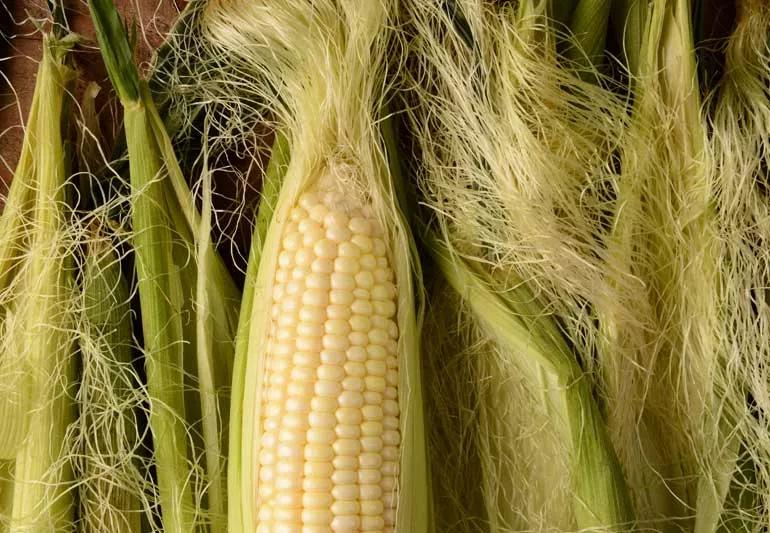Why Do Some Foods Feel Like They Leave Hair in Your Mouth? A Strange Sensory Mystery Explained
Have you ever eaten something that made you feel like you had hair in your mouth? It’s an oddly specific but surprisingly common sensation. Some foods can trigger a fuzzy, fibrous, or prickly feeling on the tongue, gums, or the roof of the mouth — so much so that people joke it feels like “growing hair in your mouth.” But what causes this sensation, and is it something to worry about?
This article explores the science and sensory triggers behind this phenomenon, debunking myths and helping you understand why certain foods make your mouth feel weird — without actually causing any hair to grow, of course.
The Short Answer: No, You’re Not Growing Hair in Your Mouth
Let’s get one thing clear: it is biologically impossible for hair to grow inside your mouth from eating food. Human oral mucosa (the soft tissue lining your mouth) does not contain active hair follicles. That means no matter what you eat, your body isn’t going to sprout strands of hair on your tongue or inner cheeks.
However, certain textures, enzymes, or plant fibers can trick your sensory nerves into feeling like there’s hair in your mouth. Let’s break it down.

Foods That Cause a Hair-Like Sensation in the Mouth
1. Kiwi Fruit (Especially the Skin)
Kiwi is notorious for its fuzzy brown exterior. Some people eat it with the skin on, which can leave actual hair-like fibers stuck between the teeth or on the tongue. Even peeled kiwi can cause a tingling, scratchy feeling due to the enzyme actinidin, which can irritate sensitive oral tissues.

2. Pineapple
Pineapple contains bromelain, a natural enzyme that breaks down proteins. When you eat fresh pineapple, bromelain starts to digest the protein in your mouth — including the protective mucous layer. This can lead to a prickly or “fuzzy” feeling, especially on the tongue. While it’s not hair, it can mimic that same irritating sensation.
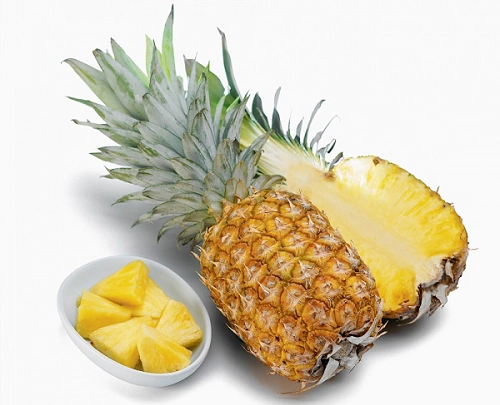
3. Peaches and Apricots (With Skin)
The fine fuzz on peach or apricot skins can stick to your lips or inside your mouth, especially if you bite directly into the fruit. If you’re sensitive, this sensation may linger even after you’ve swallowed the fruit.
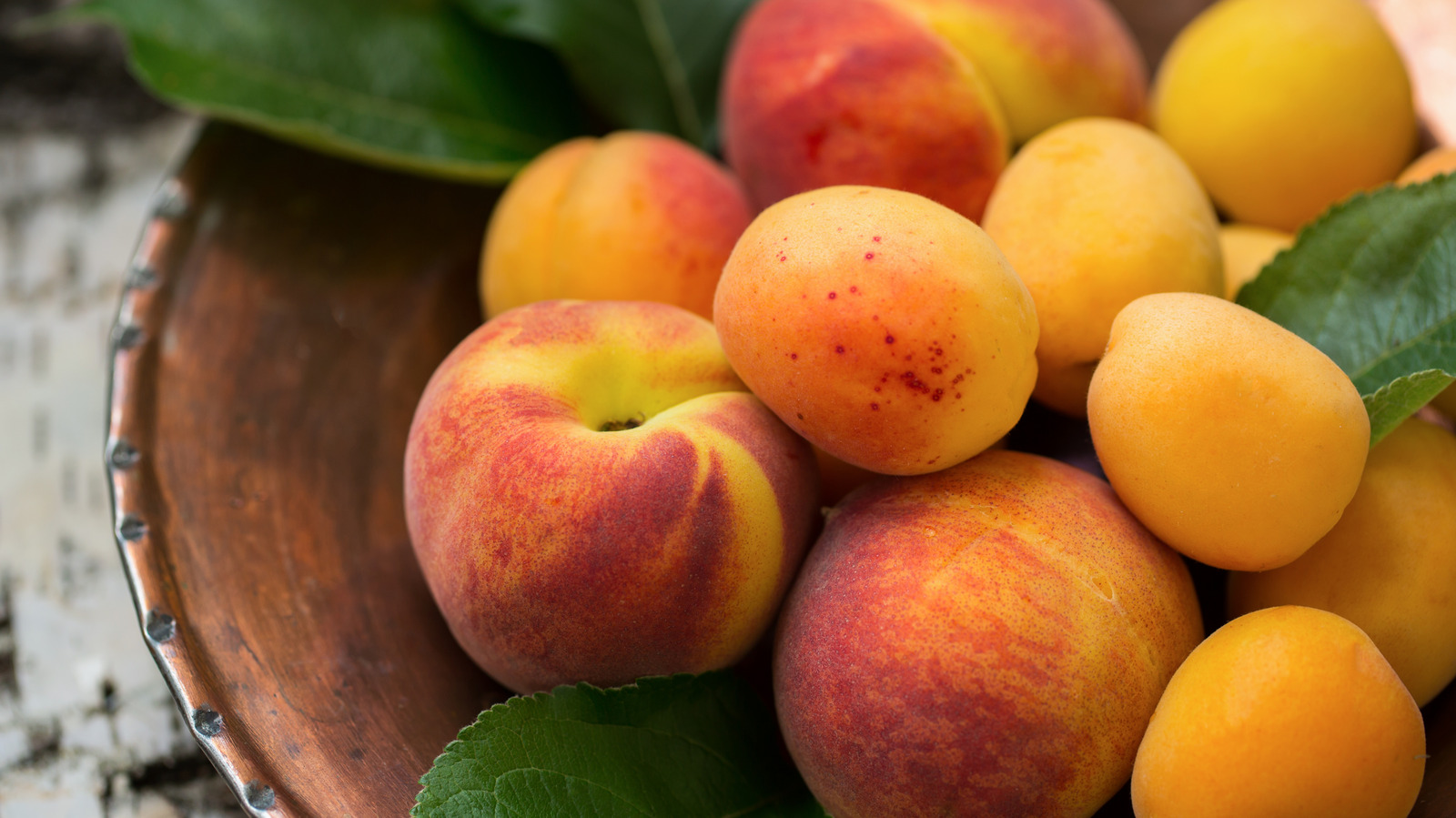
4. Rambutan and Lychee Shell Particles
These tropical fruits are often peeled by hand, but if the outer shell isn’t fully removed, tiny bristles or shell fragments can mix with the fruit flesh. Accidentally chewing them can feel like having something fibrous — even hair-like — in your mouth.
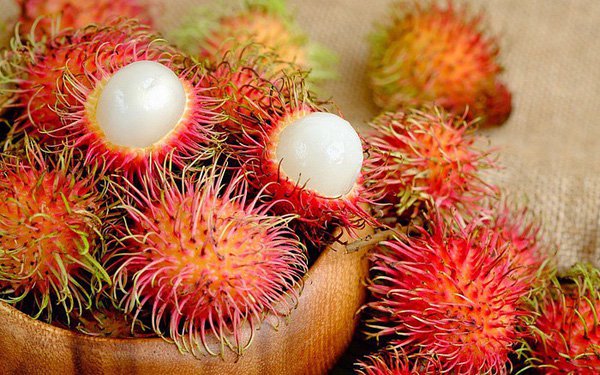
5. Corn Silk or Celery Fibers
Corn silk, especially when not cleaned off completely from fresh corn, can stick in the mouth like fine threads. Similarly, the stringy fibers in celery can mimic the feeling of long, thread-like material in your mouth.
6. Undercooked Mushrooms or Eggplants (Aubergines)
These vegetables contain fibrous structures that, if not properly cooked, can create a chewy, stringy texture. This can sometimes feel like chewing through hair or threads, especially when sliced lengthwise.
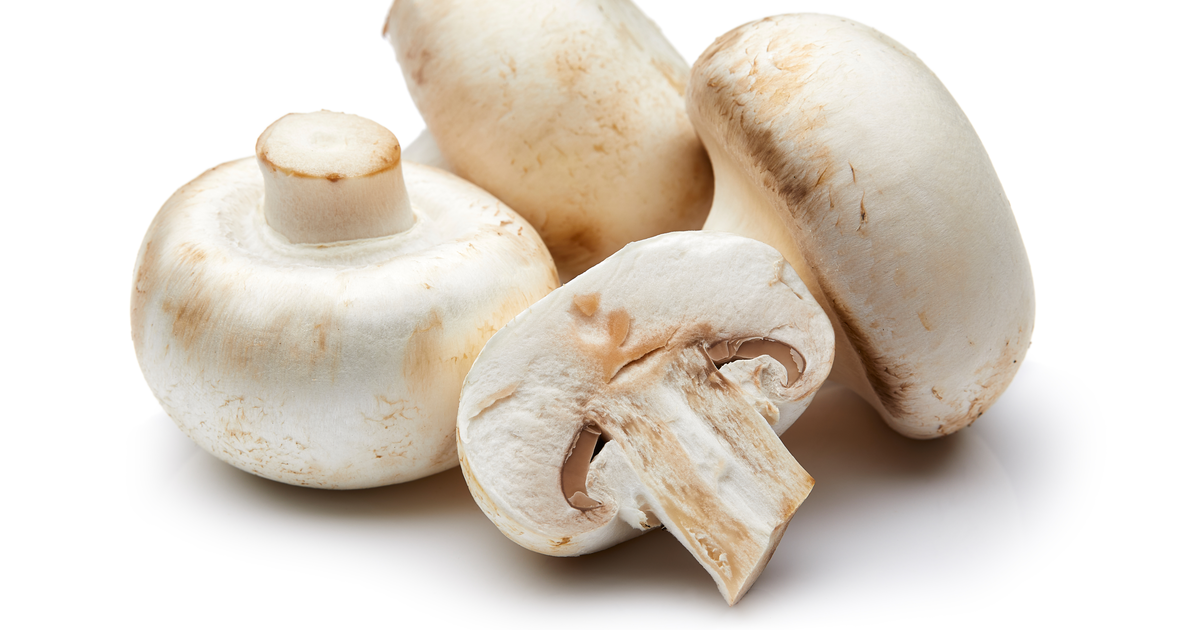
Not Just Texture: Enzymes and Allergies Can Play a Role
Sometimes the “hairy mouth” feeling isn’t just about physical texture. It could be a reaction involving enzymes, acids, or even mild allergies.
Oral Allergy Syndrome (OAS)
OAS is a condition where raw fruits or vegetables cause itching or tingling in the mouth due to cross-reactivity with pollen. Common triggers include apples, kiwi, melons, and peaches. The result can be a strange sensation — not actual hair, but an itchy, irritating feeling on the tongue and lips that’s often mistaken for something physical.
Enzyme Reactions
As noted earlier, bromelain in pineapple and actinidin in kiwi are enzymes that can irritate the soft tissues of the mouth. For sensitive individuals, even a few bites can create the illusion of something fibrous or scratchy clinging to the tongue.
.jpg)
Contaminants: The Rare but Real Risk
While uncommon, food manufacturing issues can lead to actual hair or fiber contamination. Examples include:
- Animal hair or human hair (due to improper hygiene or factory errors)
- Synthetic fibers (from packaging or machinery)
- Fabric threads from gloves or aprons
If you truly find something hair-like in your food and suspect contamination, it’s worth reporting to the manufacturer or relevant health authorities.
Tips to Avoid the “Hair in Mouth” Feeling
- Peel fruits with fuzzy skin like kiwi, peaches, or apricots if you’re sensitive.
- Cook fibrous vegetables like celery or eggplant thoroughly to soften fibers.
- Rinse tropical fruits carefully to remove shell debris or fine hairs.
- Eat acidic fruits in moderation if you have oral sensitivity.
- Stay alert to signs of Oral Allergy Syndrome such as tingling or swelling.
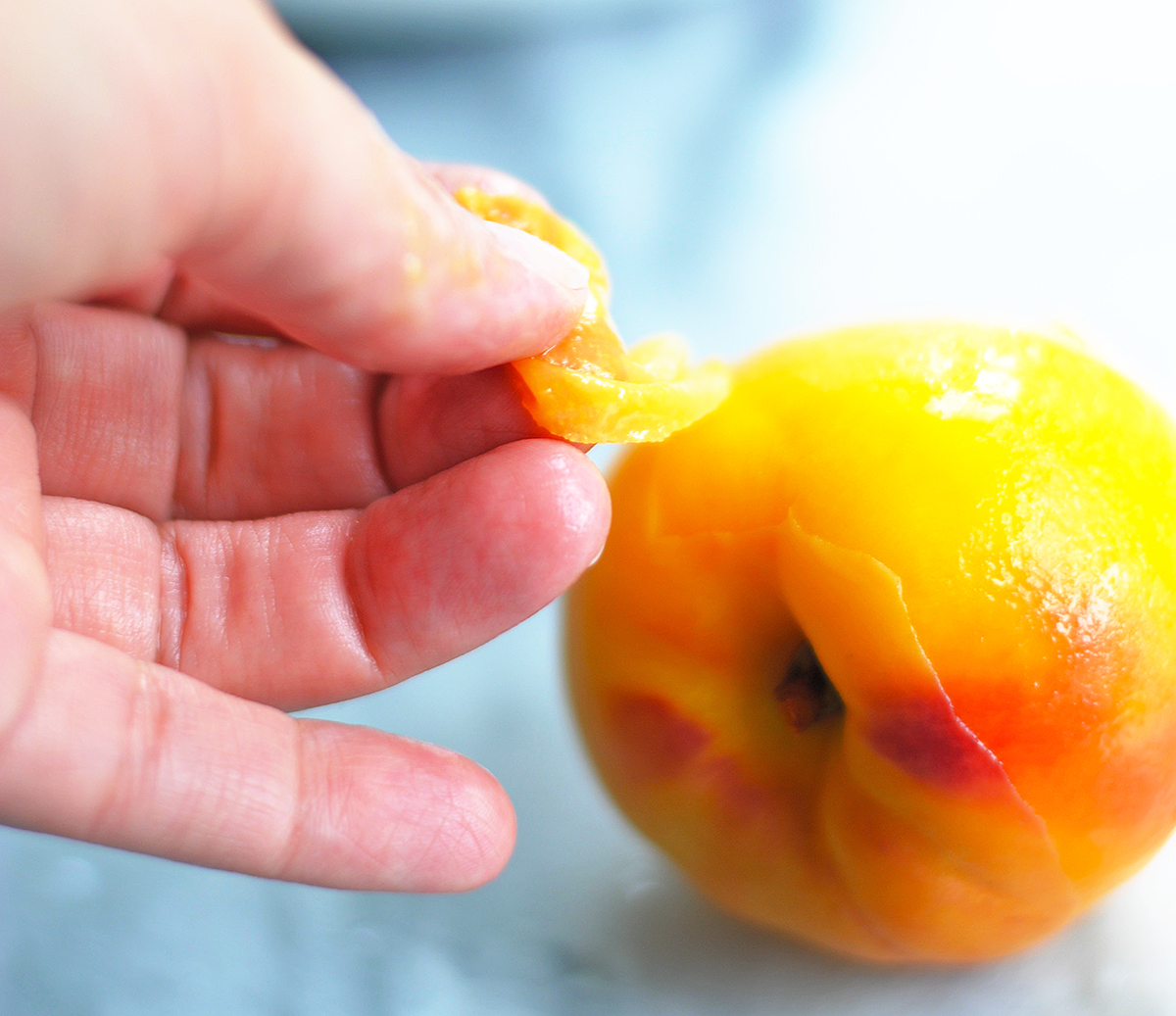
When to Be Concerned
Most of the time, this sensation is harmless and temporary. But if you consistently feel irritation, tingling, or a “furry” feeling in the mouth after eating certain foods, you might want to:
- Speak to an allergist or dermatologist.
- Keep a food diary to track triggers.
- Rinse your mouth with water or a saltwater solution after consuming irritating fruits.
In rare cases, persistent mouth sensations may indicate underlying issues like oral thrush (a fungal infection) or nerve-related conditions. If the feeling lasts beyond meals, it’s best to consult a medical professional.
Conclusion
Although it may feel like hair is growing in your mouth after eating certain foods, the reality is far more benign — and often linked to textures, enzymes, or mild irritants. From fuzzy peach skins to the tingle of fresh pineapple, the mouth is incredibly sensitive to what we eat.
Understanding which foods trigger these strange sensations can help you avoid discomfort and better enjoy your meals. And if something ever truly seems off, don’t hesitate to get it checked out.
Sources
- Learn more about Oral Allergy Syndrome from the American College of Allergy, Asthma & Immunology
- Read about how bromelain in pineapple affects your mouth
- Kiwi and actinidin enzyme explained by New Zealand Institute for Plant & Food Research
- Food safety contaminants and how to report food hazards
